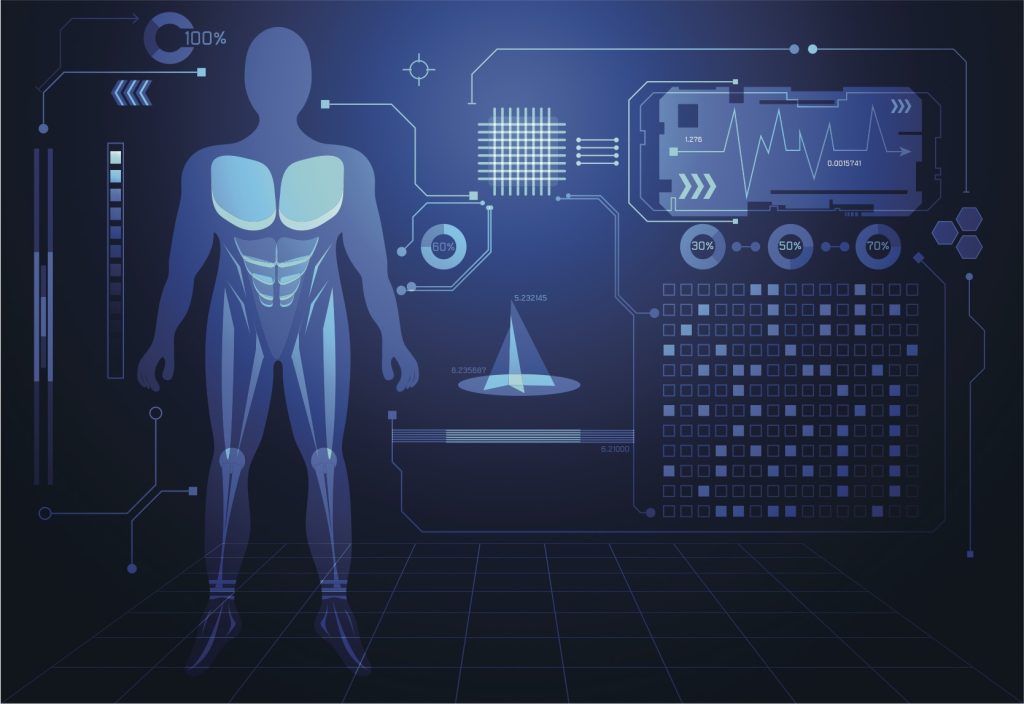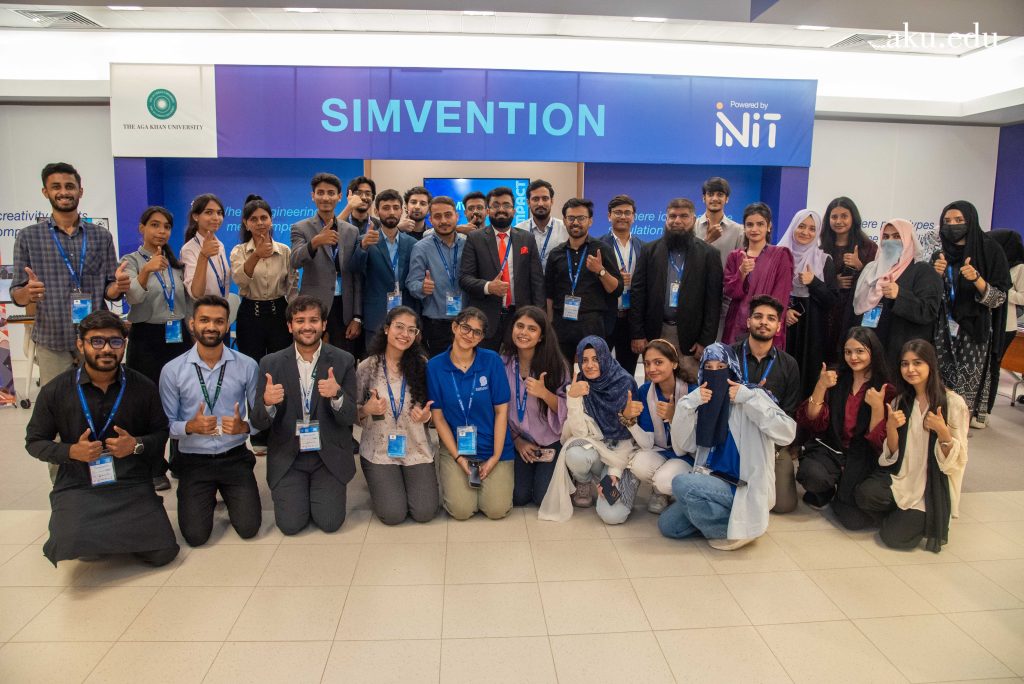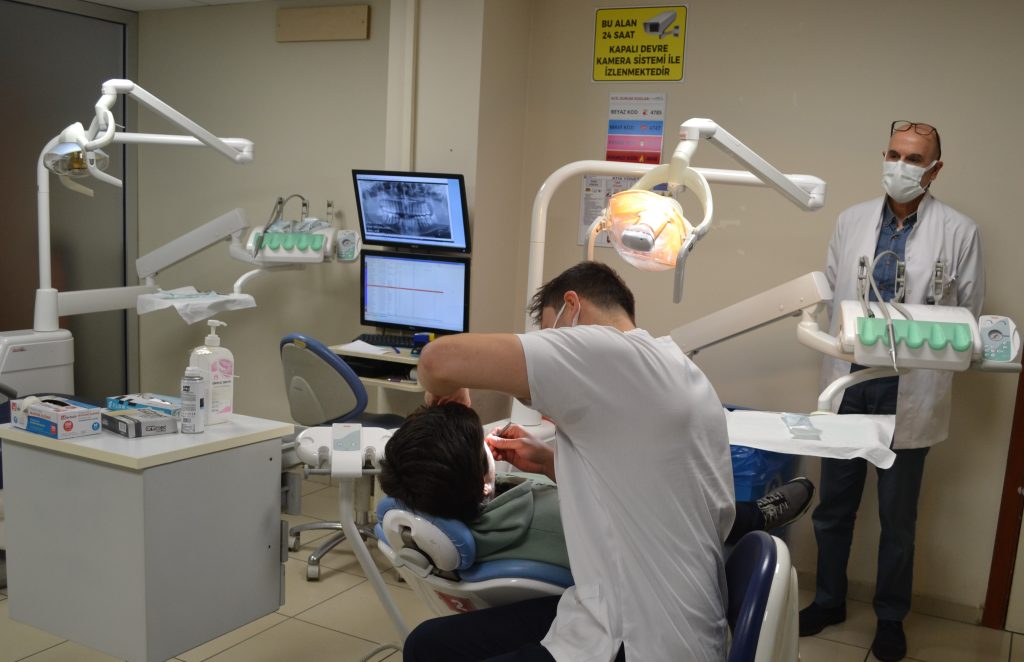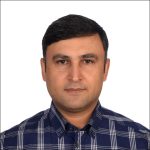Opportunities and challenges of a research that involved 149 simulation centres in 14 countries. The assessment of a really positive experience.
At the beginning of 2021 the article “Characterization of simulation centers and programs in Latin America according to the ASPIRE and SSH quality criteria” was published in “Advances in Simulation”. This research gathered information on 149 simulation centres in 14 Spanish and Portuguese speaking countries. Thanks to this investigation, we learned so much during the process and we achieved interesting results for the region, which we want to share from another perspective.
Latin America is a region with two main languages, and many economic and cultural differences, where education and health systems with neoliberal and social approaches coexist. The implementation of simulation has been asymmetric, both with regards to the availability of technological and physical resources, and the development of instructors and workspaces in the centres. In addition, the influences on the development of simulation come from the area of traditional medical education and organizations of clinical simulations, which have different quality criteria and originate from outside of Latin America. These circumstances persuaded us that a comprehensive approach was necessary in order to understand the current situation of our simulation.
The results showed that the great majority of our centres were created around universities for undergraduate education, and that training programmes address traditional areas of simulation (processes, clinical safety, critical thinking, problem solving, teamwork). The report on usage indicators showed large differences in the amount or load of activities, and the efficiency in the use of simulation resources. The quality criteria that best fit practice reality are those related to academic quality, not those concerning investigation and integration with health systems.
Among the factors that helped the process of investigation, the sense of belonging to the Latinoamerican federation and the commitment to provide useful information to the regional community stand out. Another crucial element was that the majority of researchers belonged to university centres where publishing is one of the individual and institutional goals, which was an incentive to finalize the project and appear in important publications. The greater familiarity with the use of remote communication media, and the synchronous and asynchronous collaborative work that was experienced during the pandemic, fostered conversations and helped to generate the collaborative product.
Among the challenges, at the beginning, the group needed much time and many meetings to make agreements on the development of a protocol and on the tool for data gathering. Afterwards, it was necessary to obtain the approval of ethical committees in two countries, due to research regulations in Brazil. Then, although 400 centres were contacted, we only received complete answers from 149 of them. The extension of the data analysis period and the writing of articles was due to the differences in experience and research education, and to the working conditions of teams, which were modified following contingent matters in some countries (social outbreak in Chile) and the pandemic.
The assessment of this experience is really positive as for the creation of bonds, acknowledgement of abilities, enrichment of perspectives, synergy of individuals and generation of public information, which opened up to new opportunities of collaboration and research.
For those who wished to start a project of this kind, we recommend discipline, respect and transparency when establishing agreements, communication, tolerance, patience and persistence.
The journey is well worth it.
Read the whole article
https://advancesinsimulation.biomedcentral.com/articles/10.1186/s41077-021-00188-8
READ ALSO












































